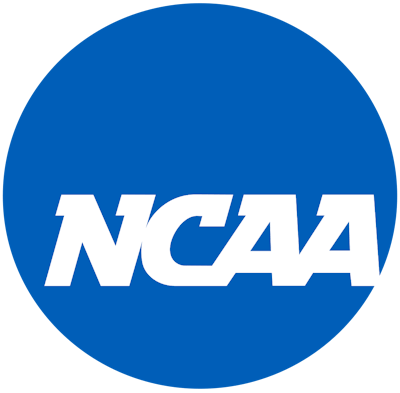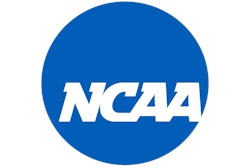
U.S. Surgeon General Vivek Murthy joined the NCAA Mental Health Advisory Group for its meeting Thursday, stressing the importance of student-athlete mental health and highlighting the significance of treatment, prevention and stigma reduction.
"The youth mental health crisis in America is the defining health issue of our time," Murthy told the group. "If we're going to get through this, it's going to require the engagement and leadership of young people across the country.
"The stigma is starting to change now because young people are pushing others to think about mental health differently. Talking openly about mental health makes a big difference."
The NCAA Mental Health Advisory Group comprises student-athletes, NCAA member representatives, and representatives from medical and scientific organizations with mental health expertise. It was created by the NCAA Committee on Competitive Safeguards and Medical Aspects of Sports in fall 2021. The group has been discussing preliminary concepts to update the NCAA Mental Health Best Practices document.
"The need for counselors is great. Providing early care is vital," Murthy said. "One thing we've dramatically underused as a country is the power of peer support. It can provide immense support to people before they're in full-blown crisis. It's critical when we think about how we can get people help when symptoms are still mild."
Murthy spoke about the findings in his recently released U.S. Surgeon General's Advisory on Social Media and Youth Mental Health. Among other things, his office found that there is not enough evidence to say that social media use is safe for young people. In fact, there is growing evidence that there's an association between heavy social media use and negative outcomes.
"It's critical we recognize the powerful impact of isolation and loneliness on young people and examine the role and contribution of technology. We found that heavy social media use can make us feel worse about our self-esteem and friendships and can negatively impact sleep," Murthy said.
Earlier this month, CSMAS supported the Mental Health Advisory Group's early concepts and charged the group to continue its work to develop final recommended updates to the best practices document for the committee to consider later this year. The group is aiming to have final recommendations for the NCAA Board of Governors this fall and released to the membership at the 2024 NCAA Convention in January.
"Dr. Murthy's message for the Mental Health Advisory Group was an important one given his experience, perspective and passion for youth mental health," said Dr. Brian Hainline, the NCAA's chief medical officer. "His emphasis on treatment and prevention, especially the significance of reducing the stigma of mental health by openly discussing issues with peer groups and care providers, will help guide the Mental Health Advisory Group's recommendations as it moves forward."
"The NCAA continues to be a leader in mental health, and the work of its Mental Health Advisory Group is incredibly relevant today given the broader mental health crisis our office is observing in youth populations," Murthy said.
Murthy is a two-time U.S. surgeon general, having served under Presidents Barack Obama and Joe Biden. As the nation's doctor, the surgeon general's mission is to help lay the foundation for a healthier country, relying on the best scientific information available to provide clear, consistent and equitable guidance and resources for the public.
Murthy served as an independent member of the NCAA Board of Governors from 2019-21. He also served on the NCAA COVID-19 Advisory Panel to guide the Association's response to COVID-19. The insights of panel members, including those of Murthy, were integral to both the board's decision to cancel 2020 winter and spring NCAA championships at the onset of the pandemic in the United States and to the safe resocialization of sport thereafter.
Murthy is a best-selling author with his book "Together: The Healing Power of Human Connection in a Sometimes Lonely World," which expands on his critical perspective on loneliness and social isolation. He recently released the U.S. Surgeon General's Advisory on Social Media and Youth Mental Health. It followed last year's release of the U.S. Surgeon General's Framework for Workplace Mental Health and Well-Being.




































